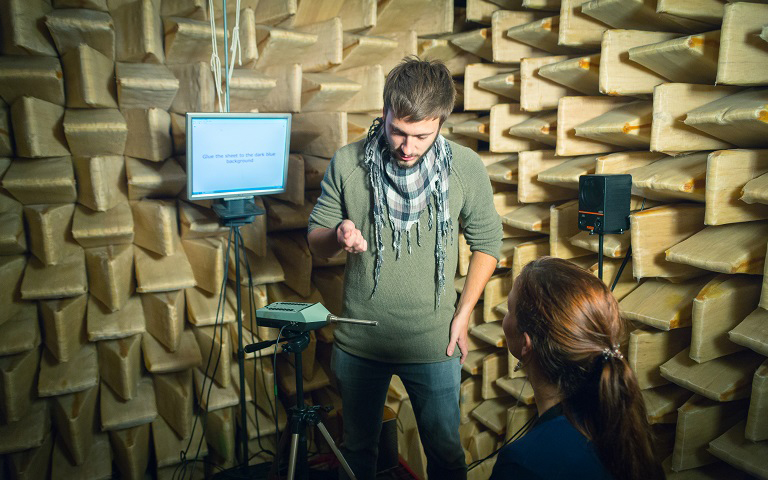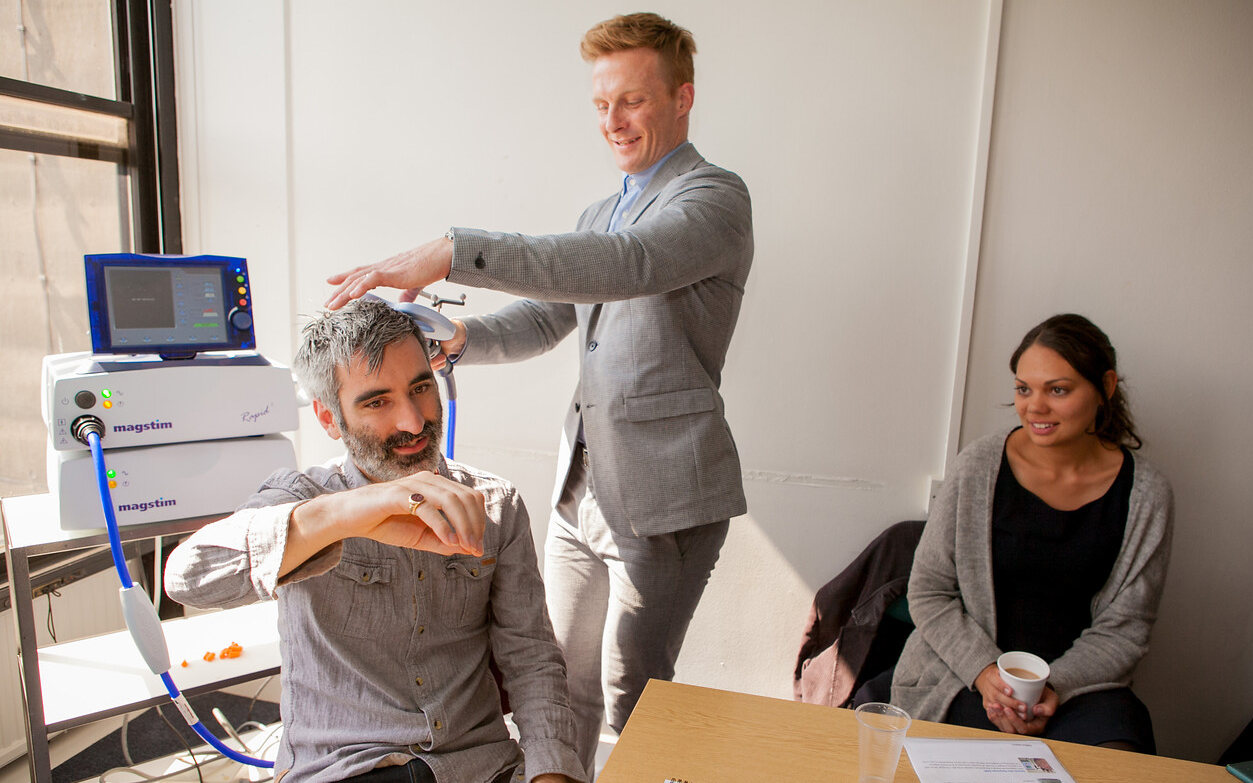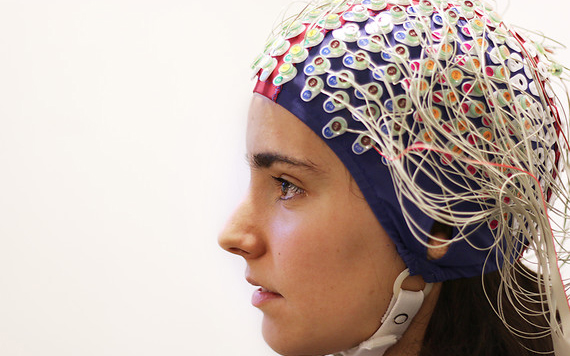Postgraduate research
Find out more about our cross-disciplinary research training and the broad range of expertise and facilities we offer within the Faculty of Brain Sciences.
Our postgraduate research programmes enable our students to undertake substantial, in-depth research and make an original contribution to their field.
As a postgraduate research student, you will be supervised by internationally-renowned experts. Our research training is often cross-disciplinary to address critical research challenges such as dementia and mental health, allowing you to take full advantage of the range of expertise and facilities within and beyond our Faculty.
Explore our postgraduate research programmes by Institute and Division

The Division of Psychology and Language Sciences focuses on mind, behaviour and language.

The Queen Square Institute of Neurology aims to prevent, treat and cure devastating neurological diseases.

The Institute of Cognitive Neuroscience focuses on research into the human mind and brain.

The Division of Psychiatry is an interdisciplinary centre for research and teaching on mental health and illness.

The Ear Institute brings together academics and clinicians to understand hearing and fight deafness.

The Institute of Ophthalmology aims to generate better therapies, diagnostics and knowledge of eye care.
How to apply for postgraduate research
There are three routes into studying for a postgraduate research degree (PhD, MDRes, MPhil) with us.
Funded studentships
You can find funded studentships within the Faculty on the UCL Studentships page, our Institute and Divisional pages and on FindAPhD.com.
Self-funded PhD programmes with designated structure and projects
We have a number of self-funded doctoral programmes where applications are accepted throughout the academic year. Details of how to apply are available on our Institute and Divisional pages.
Speculative opportunities
If you can’t find a studentship in a research project that interests you, the best way to find a PhD project is to approach a potential supervisor directly. If you're an exceptional student who meets our entrance requirements then we encourage you to identify opportunities with our academics whose recent research closely matches your interests.
 Close
Close







